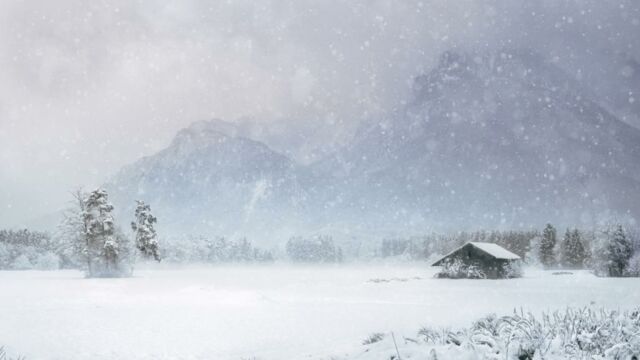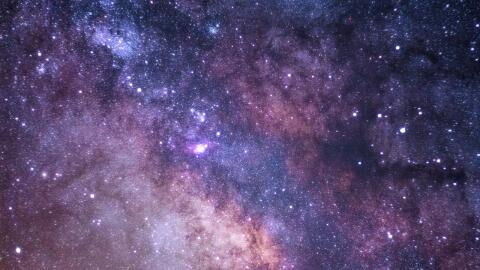If you think of winter in the UK as the very definition of thermal discomfort, the recent discovery by astrophysicists should help you put things into perspective. They have discovered the coldest place in the Universe. There, freezing to death is by no means a mild understatement.
Discover our latest podcast
Close to absolute zero
No one will hear you chattering your teeth, and it's highly likely that you won't even have the time! According to NASA, the Boomerang Nebula is the coldest place in our Universe. At least, the part of the Universe we know. This young planetary nebula, with its distinctive bow-tie shape, is located in the constellation Centauri. It has a temperature of -272°C, very close to absolute zero.
Absolute zero is the lowest possible theoretical temperature, reached when atoms stop moving. It is expressed in Kelvin, and is -273.15°C. The Boomerang nebula, located 5,000 light-years from Earth, absorbs cosmic energy rather than emitting it. To the astonishment of the scientific community, this nebula is home not to one dying star, but two!
No room for life?
The coldest place on Earth is in Antarctica, on the Eastern Plateau, a region of the continent with an average altitude of 3,000 meters. At -98°C, the region looks downright hospitable by comparison with the Boomerang Nebula. Yet the effects of this extreme cold on human organisms are not to be taken lightly. Scientists who visit this area are not only required to have the right equipment, but are also forbidden to go outside for long periods - never more than an hour.
Otherwise, you're exposing yourself to fatal risks: frostbite, tissue damage, necrosis, hypothermia... But if life on Earth is still possible at -100°C, can it be envisaged at -272°C, just short of absolute zero? Scientists have no firm answer, but it's hard to imagine. The Boomerang nebula is the coldest point in the Universe, but with the latter constantly expanding, it's not impossible that it could one day be dethroned.
The Boomerang #Nebula, aka the Bow Tie #Nebula. The coldest place in the known Universe at only 1 K or -272.15°C. It is located 5,000 light years from Earth. pic.twitter.com/t8ktJjggks
— Space (@redditSpaceView) December 9, 2021
Read more:
⋙ Here are the many ways you could have died throughout history
⋙ Do aliens really exist? An astronaut from the European Space Agency answers in new interview
⋙ Space Pollution: Could the debris surrounding the planet cause a collision in the future?
⋙ NASA's James Webb Space Telescope detects potential 'proof of life' on a super-Earth
This article has been translated from Gentside FR.
Sources used:
USA Today: What is the coldest place in the universe? It's only *slightly* warmer than absolute zero
NewScientist: The strange physics of absolute zero and what it takes to get there















